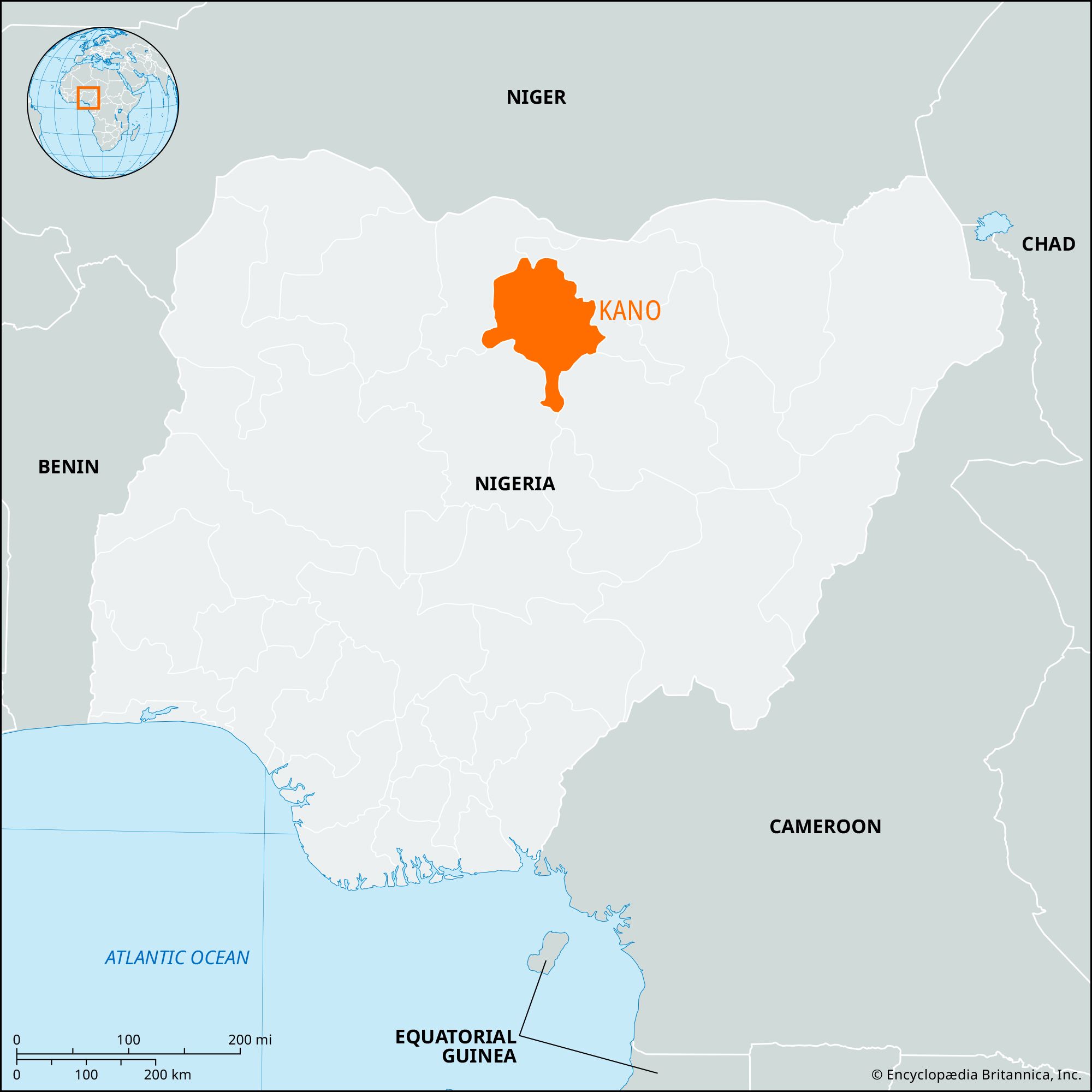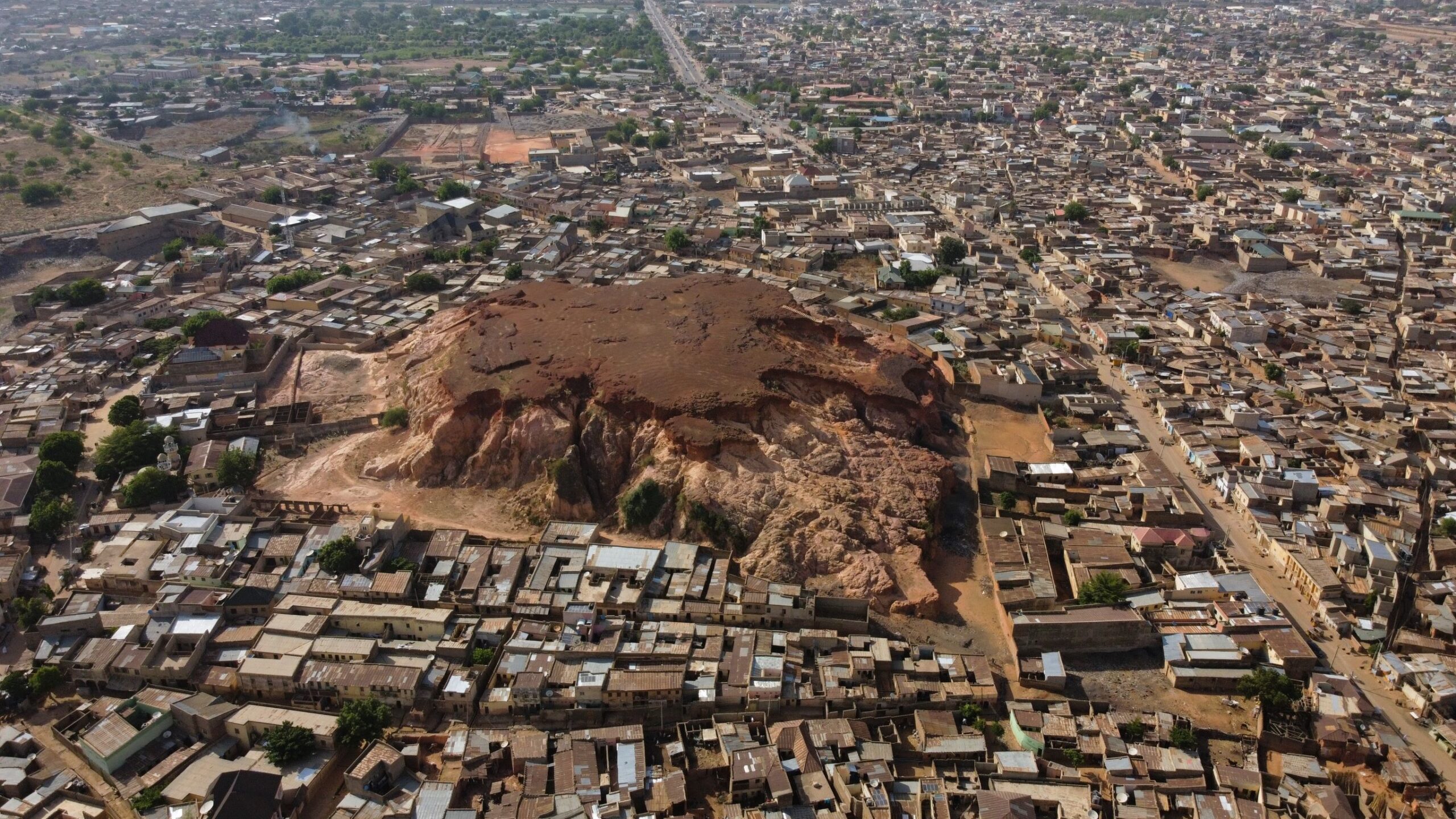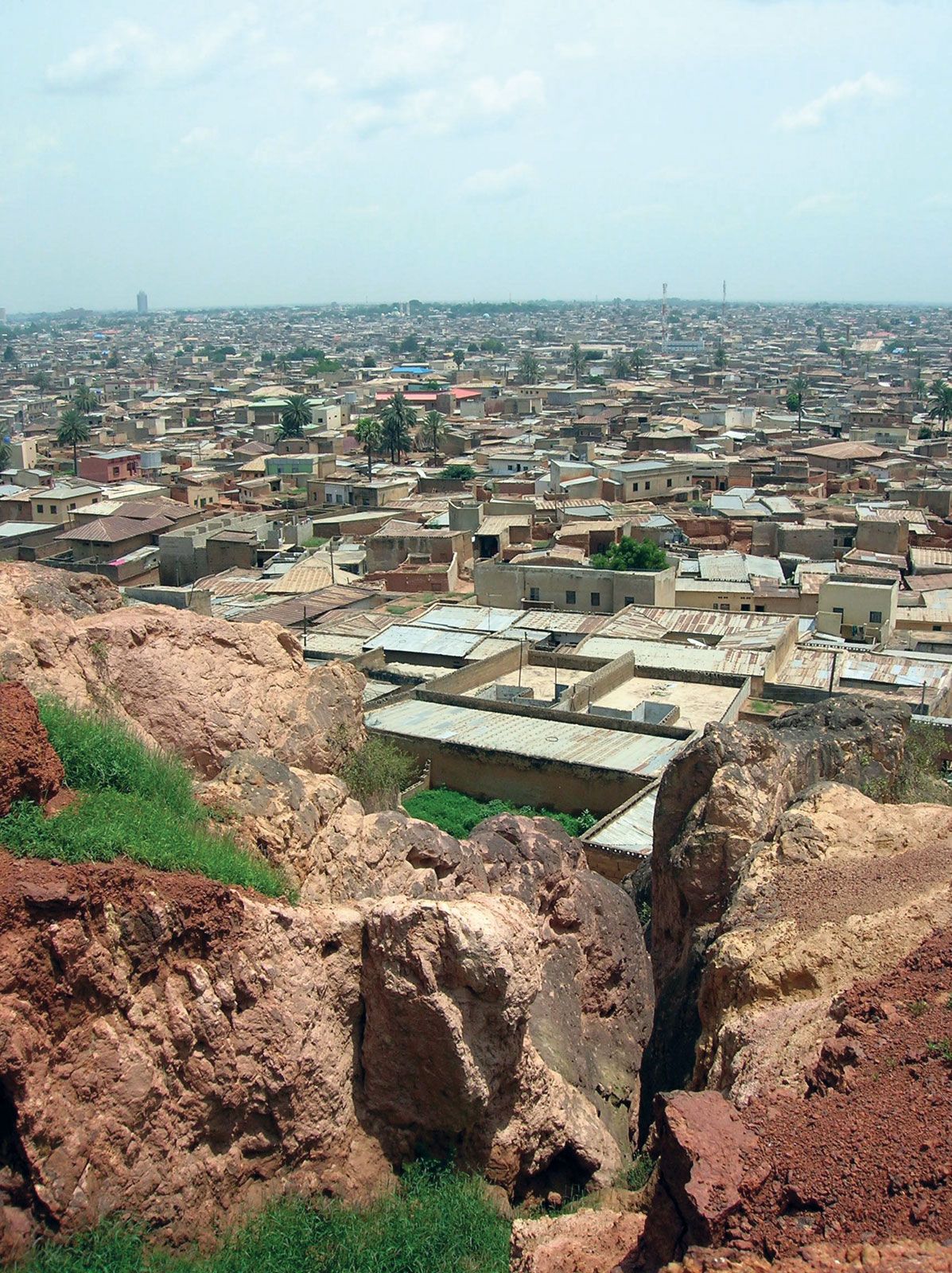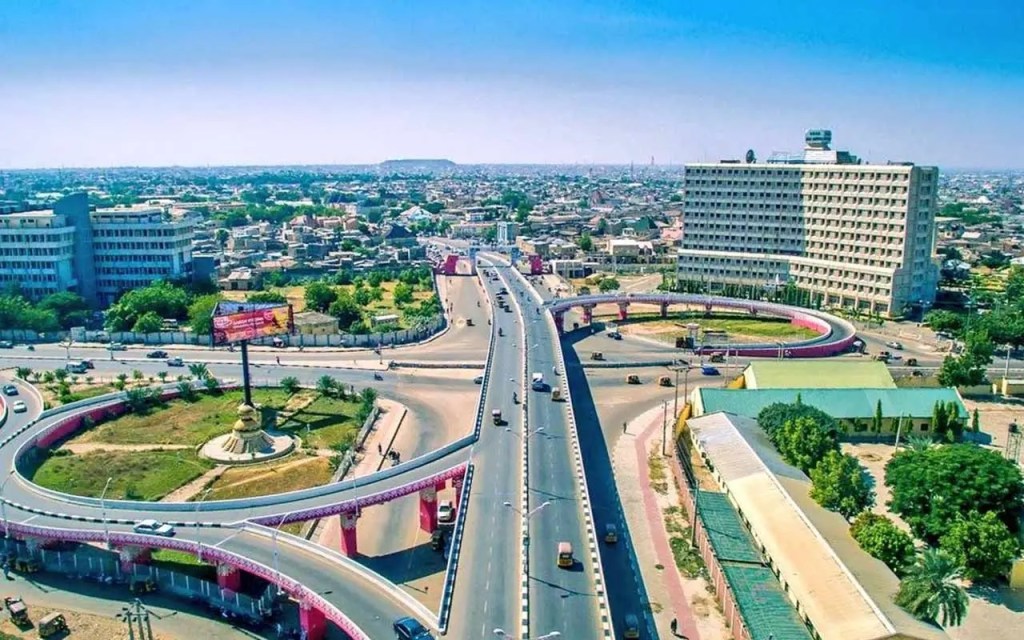Kano State
States Jan 03, 2025

Table of Contents
Introduction to Kano State, Nigeria
Kano State, located in the northwestern region of Nigeria, is one of the country’s most historically significant and culturally vibrant states. Known for its ancient trade routes, bustling markets, and rich traditions, Kano has played a vital role in shaping the history of West Africa. Its historic significance, coupled with its modern developments, makes Kano State a fascinating destination for historians and travelers alike.
Historical Background

The history of Kano dates back over a thousand years, making it one of the oldest cities in Nigeria. The city of Kano, the state capital, was established around the 10th century as a city-state and became a prominent center of commerce and learning in the region. It was part of the Hausa Kingdoms and later became a key member of the Sokoto Caliphate following the Fulani Jihad in the early 19th century.
Kano’s prominence grew due to its location along the trans-Saharan trade routes, facilitating the exchange of goods such as gold, salt, and textiles. The Kano Chronicle, a historical document, provides a detailed account of the city’s rulers and events, shedding light on its rich heritage.
Culture and Traditions

Kano State is a melting pot of culture, with Hausa and Fulani ethnic groups forming the majority of its population. The state is renowned for its vibrant traditional festivals, music, and art. One of the most notable cultural events is the Durbar Festival, held during Eid celebrations. The festival features horse parades, traditional attire, and displays of Kano’s royal heritage.
Additionally, the state is famous for its traditional crafts, including leatherwork, dyeing, and weaving. The ancient dye pits of Kofar Mata, which date back centuries, are a testament to Kano’s legacy in indigo dyeing and textile production.
Kano State’s Economy and Commerce

Kano has long been a hub of commerce in West Africa. Historically, it was a major center for trade across the Sahara Desert. Today, Kano remains a commercial powerhouse in Nigeria, with industries ranging from agriculture to manufacturing. The state is particularly known for its production of groundnuts, cotton, and textiles.
The Kurmi Market, established in the 15th century, continues to be a bustling center of trade in the city of Kano. It attracts merchants from across Nigeria and neighboring countries, offering a wide range of goods, from spices and fabrics to handcrafted items.
Landmarks and Tourist Attractions

Kano State is home to numerous historical and cultural landmarks that draw visitors from around the world. Some of the most notable sites include:
- Emir’s Palace: The seat of traditional authority in Kano, this architectural masterpiece reflects the grandeur of Hausa culture.
- Kano City Walls and Gates: Dating back to the 14th century, these ancient walls once served as a protective barrier for the city.
- Kofar Mata Dye Pits: These historic dye pits are among the oldest in Africa and remain a symbol of Kano’s textile heritage.
- Gidan Makama Museum: A museum dedicated to preserving the history and culture of Kano, featuring artifacts and exhibitions on the city’s past.
- Dala Hill: A historic site believed to be the original settlement of the Kano people, offering panoramic views of the city.
Religion in Kano State
Islam is the predominant religion in Kano State, with the majority of the population being Muslim. The state is an important center of Islamic learning and scholarship in Nigeria. The presence of historic mosques, such as the Great Mosque of Kano, underscores its religious significance. Despite the dominance of Islam, Kano is also home to a minority Christian population, reflecting Nigeria’s diverse religious landscape.
Modern Kano State
Today, Kano State is a blend of tradition and modernity. While its historical roots remain deeply influential, the state has embraced contemporary developments in education, infrastructure, and technology. Kano is home to several universities, research institutions, and industries that contribute to its growth and development.
The city of Kano, as the state capital, is a bustling metropolis with modern amenities, making it a hub for both business and tourism in northern Nigeria.
Conclusion
Kano State is a treasure trove of history, culture, and economic activity. Its ancient traditions, historic landmarks, and role in West African commerce make it a unique and essential part of Nigeria’s heritage. Whether you are a historian, a traveler, or simply curious about the region, Kano State offers a rich tapestry of experiences that leave a lasting impression.
